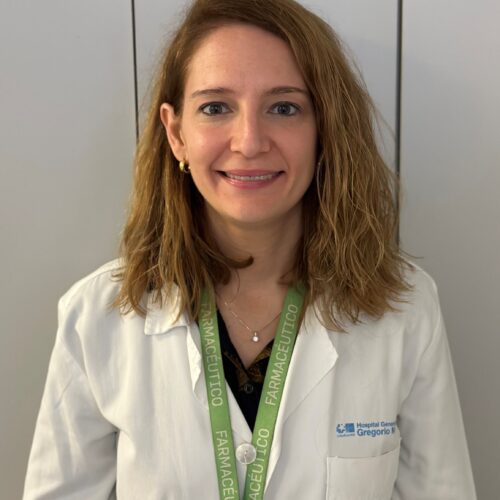- Xandra García González
CV
ABSTRACT
In June 2023, Spain approved a national genomic testing portfolio that includes 12 pharmacogenetic genes for 23 drugs across several clinical indications. While access to these tests must be guaranteed nationwide, implementation is delegated to regional healthcare authorities, resulting in heterogeneous models and progress. This session will showcase the strategic initiative of Madrid’s Regional Health Service (SERMAS) as a successful example.
The SERMAS Pharmacogenomics Working Group—led by the Deputy Directorate for Healthcare Coordination and composed of clinical pharmacologists, geneticists, molecular biologists, clinical analysts, and hospital pharmacists—was established and designed a decentralized implementation model. This model is organized around four reference hospitals (La Princesa, Ramón y Cajal, La Paz, and Gregorio Marañón) responsible for performing 28 pharmacogenetic tests, with two additional centers (Puerta del Hierro and Clínico San Carlos) issuing individualized clinical recommendations. An on-line platform enables efficient test ordering, report sharing, and data management, while facilitating real-time monitoring and continuous model evaluation. Since its rollout, the program has standardized protocols, built efficient clinical circuits, and established a robust collaborative network, contributing to safer and more effective pharmacotherapy. The model ensures equitable access to pharmacogenetics across the region, optimizes resources and expertise, and fosters interdisciplinary collaboration. The presentation will outline the organizational framework, most in-demand tests and the laboratory techniques employed, alongside reflections on key factors for successful implementation.

